This is one of the most common questions I get: “How much does an epoxy table cost?” And the honest answer? It depends. A small accent table might cost a few hundred bucks. A full custom dining table can hit five figures. After building dozens of pieces, here’s what I’ve learned about what drives the price of an epoxy resin table—and why it’s worth it.

How Much Does It Cost To Epoxy a Table?
That’s the first question every buyer asks—and for good reason. You’re not just paying for a piece of furniture, you’re investing in functional resin art. The price comes down to a few major factors: size, materials, complexity, and labor.
There’s No One Price — But Here’s What Affects the Cost
Size: A Coffee Table vs a 10-Foot Dining Table
More square footage = more resin, more wood, more sanding, more finish work. A 36" coffee table and a 10-foot epoxy river dining table are two totally different beasts.
Type of Wood: Live Edge Walnut? Reclaimed Oak? Big Difference.
- Walnut slabs are premium and popular—beautiful but pricey
- Maple or reclaimed woods can lower costs, but still need drying and prep
- The grain, width, and character of the wood all impact price
Curious what woods I’ve had the best luck with? I covered it in this breakdown of my favorite epoxy table woods.
Depth of Pour: Deep River Pours Use Way More Resin
- Shallow pours cure faster and use less resin
- Deep pours (2+ inches) can require 5–10+ gallons of epoxy

Design Complexity: Ocean Scenes, Inlays, Swirls — All Take Time
- Ocean pours, botanicals, or custom swirls = hours of hands-on design work
- Every custom pigment mix or mold adds labor and cost
Here’s what actually went into one of my ocean resin tables.
Finish: Polished to Glass? Matte with Oil? That’s Hours of Sanding
- Gloss finishes mean 10+ grits, wet sanding, polishing, buffing
- Matte finishes are faster, but still require careful layering
If you’re after that glass-like mirror shine, this post covers how I actually polished my tables.
Table Base: Stock vs. Custom Legs
- Standard steel legs are affordable and solid
- Custom welded, powder-coated, or hardwood bases can add $500–$1,500+

So What’s the Price Range I Usually See?
Small Accent Tables: $400–$1,500
Great for entryways or side tables. These are usually shallow pours with simpler finishes.
Dining Tables: $3,500–$9,000+
This is the most common range for full-sized custom builds. Price depends on wood type, design complexity, pour depth, and table base.
Conference or Statement Pieces: $6,000–$15,000
Large-scale builds with branding, inlays, or unusual shapes—made for wow factor and long-term use.
Why Two Tables the Same Size Can Cost Very Different Amounts
- One might use reclaimed oak. Another uses a $2,000 bookmatched walnut slab.
- Some are simple and clean. Others involve custom molds, pigments, or CNC bases.

Are Epoxy Resin Tables Expensive?
Compared to mass-produced factory tables? Yes. Compared to one-of-a-kind custom artwork built for your space? They're an incredible value. You’re investing in a handcrafted piece that reflects your style, your space, and your vision.
Materials Alone Add Up — Especially With Deep Pours
Epoxy Resin Isn’t Cheap
Premium UV-stable, bubble-free resin costs $80–$120 per gallon. Deep pours? Multiply that by 5–10 gallons.
Exotic Wood Slabs Can Outprice the Resin
I’ve bought slabs that cost more than the rest of the project combined. But if the grain’s perfect? It’s worth it every time.
Pigments, Molds, and Sanding Tools Stack Up Fast
- High-grade pigments for swirl and depth
- Melamine or HDPE boards for mold building
- Sandpaper from 80 to 3000 grit
- Polishers, buffers, finish oils — it’s a full shop setup

How Long Will An Epoxy Table Last?
If properly built and maintained, your epoxy resin table can easily last decades. UV-stable epoxy, careful finish work, and protective care make these tables incredibly durable. I’ve written more about long-term care here: How Long Does an Epoxy Table Last?.
My Time Is a Big Part of the Cost — And That’s a Good Thing
Most Custom Tables Take 40–80 Hours of Hands-On Work
Design, prep, mold building, pouring, sanding, polishing, finishing, delivery prep—it adds up fast. And it shows.
You’re Paying for Craftsmanship, Not Just Materials
Precision matters. That flawless finish doesn’t happen by accident. Every pour is measured, leveled, torched, and cured by hand.
Design Collaboration Is Part of the Experience
We don’t just build tables—we work with you. Moodboards, sketches, mockups, resin color tests. It’s all part of the process.
Are Epoxy Tables Worth It?
For anyone who values custom design, longevity, and artistry, yes — epoxy tables are absolutely worth it. They’re not just furniture. They’re personalized functional art that makes a statement and lasts for years.
Final Thoughts: Epoxy Tables Aren’t Cheap, But They’re Not Just Tables
They’re Functional Art
These tables don’t just sit in a room. They transform it.
You’re Commissioning a Piece, Not Buying a Product
This isn’t furniture off a shelf—it’s your vision, made real. That’s what makes it worth it.
Thanks for taking the time to read—I really appreciate it. I hope something in my process (or my mistakes) helps you along the way. If you want a custom piece or hit a wall building your own, feel free to drop a comment or reach out—happy to help. Have a blessed day!
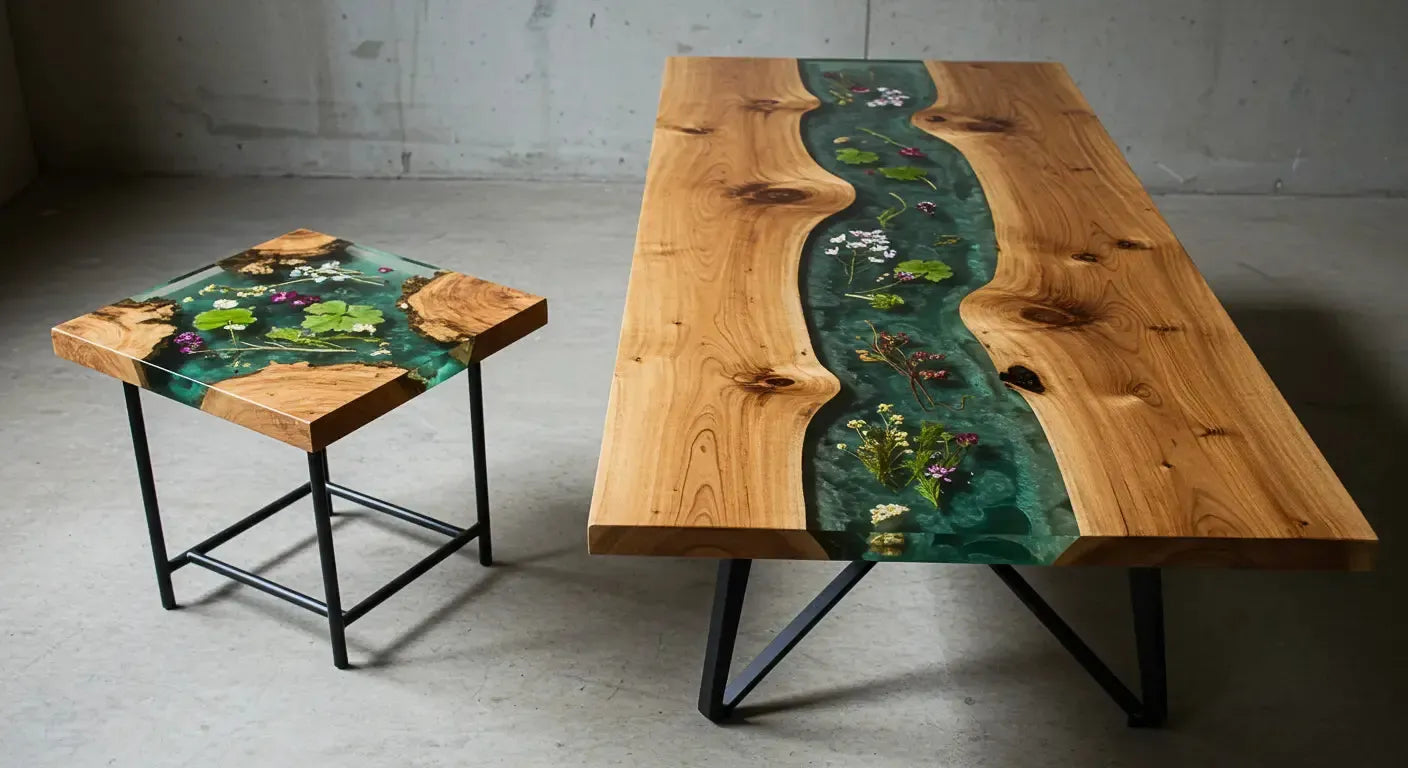
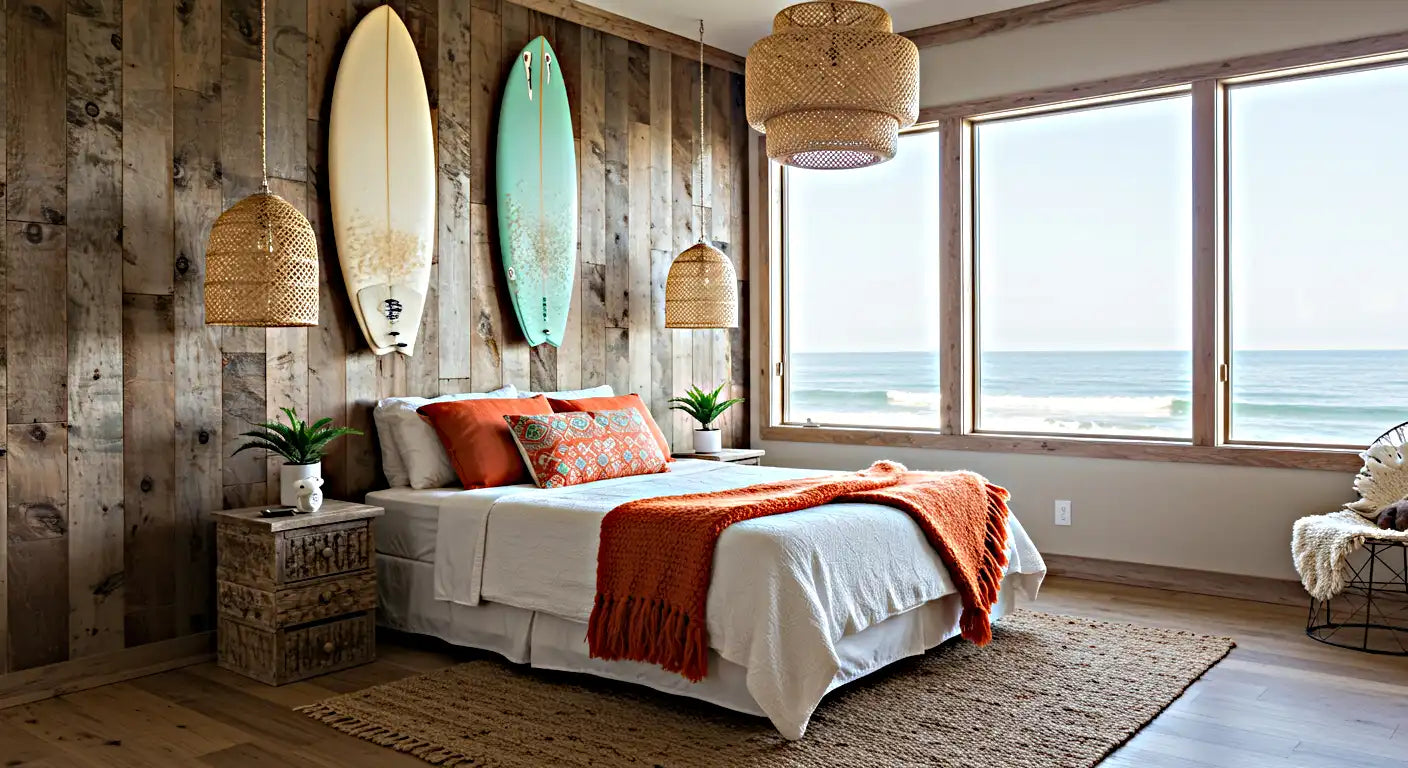
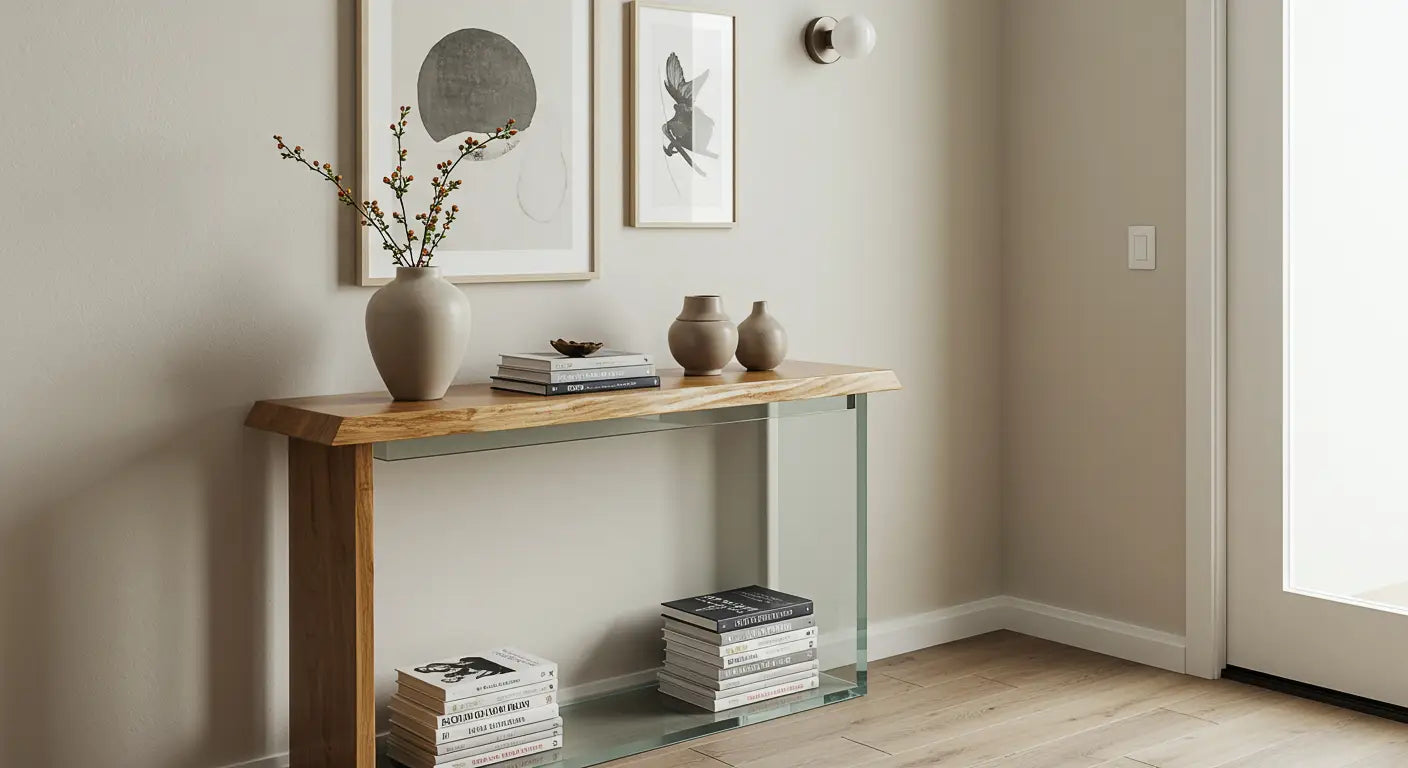
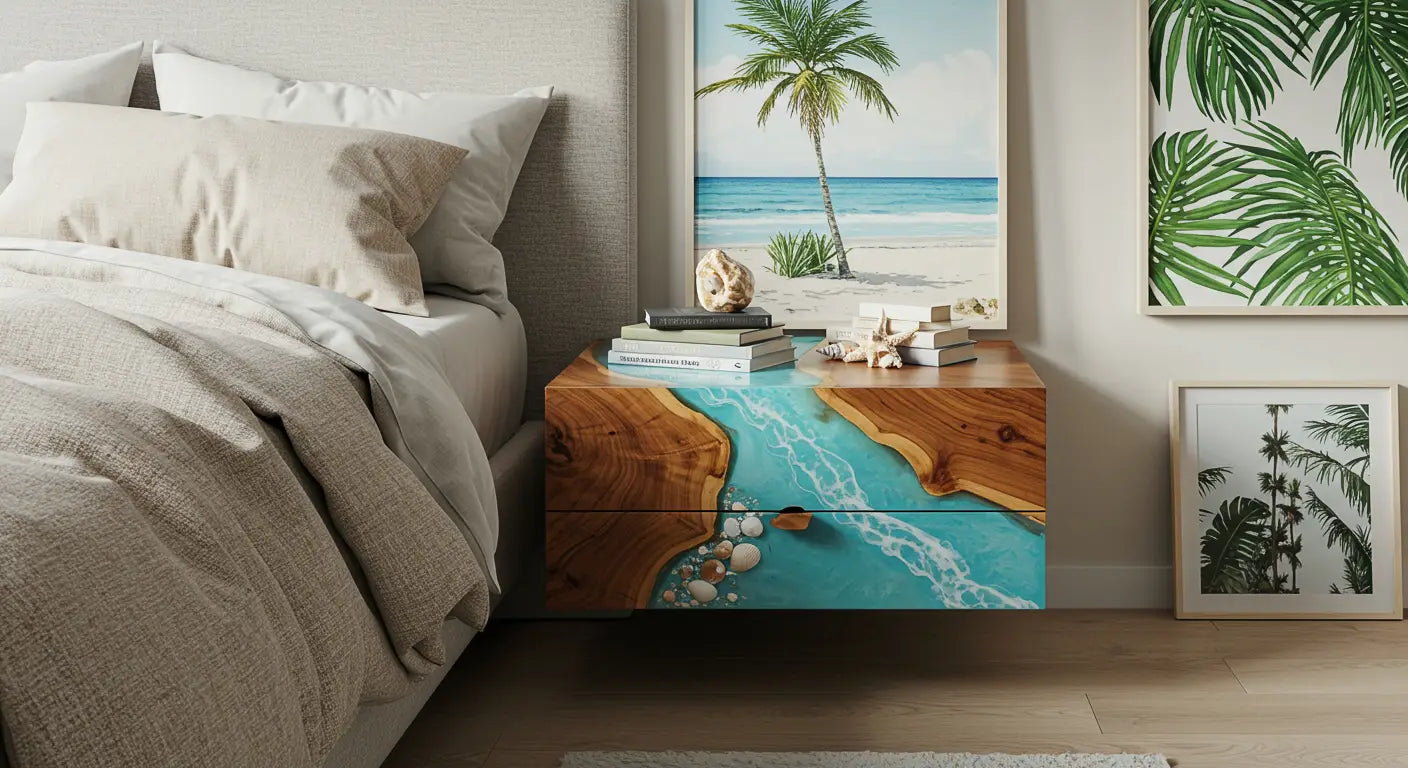
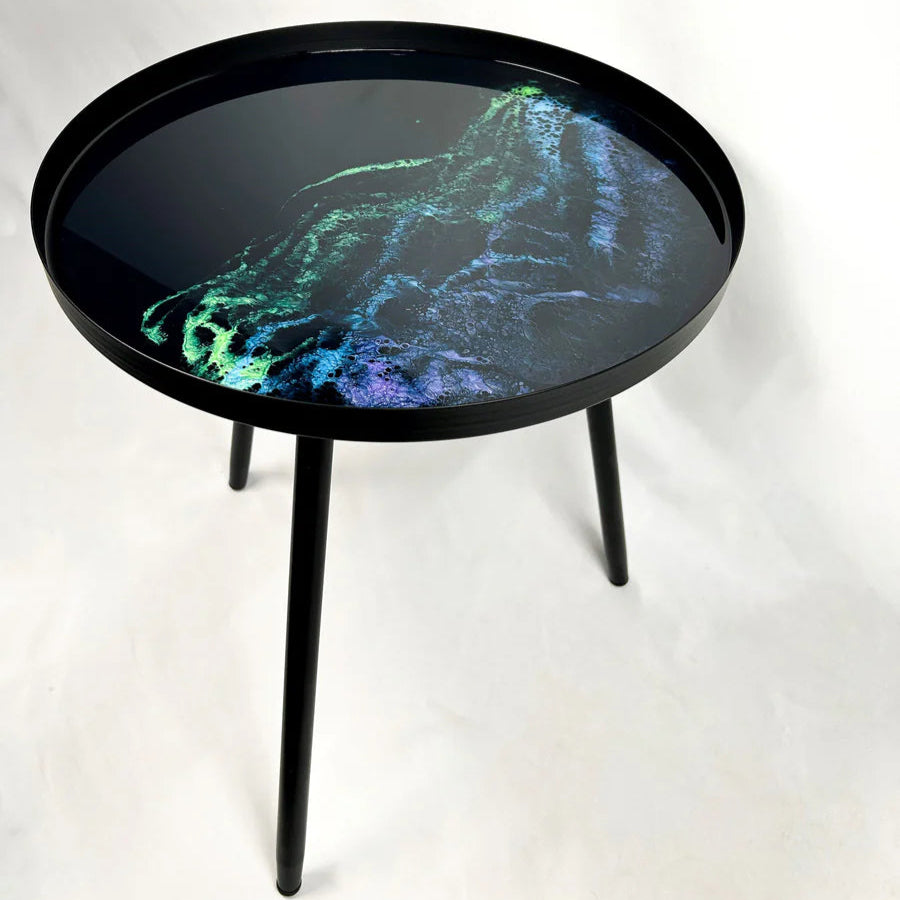
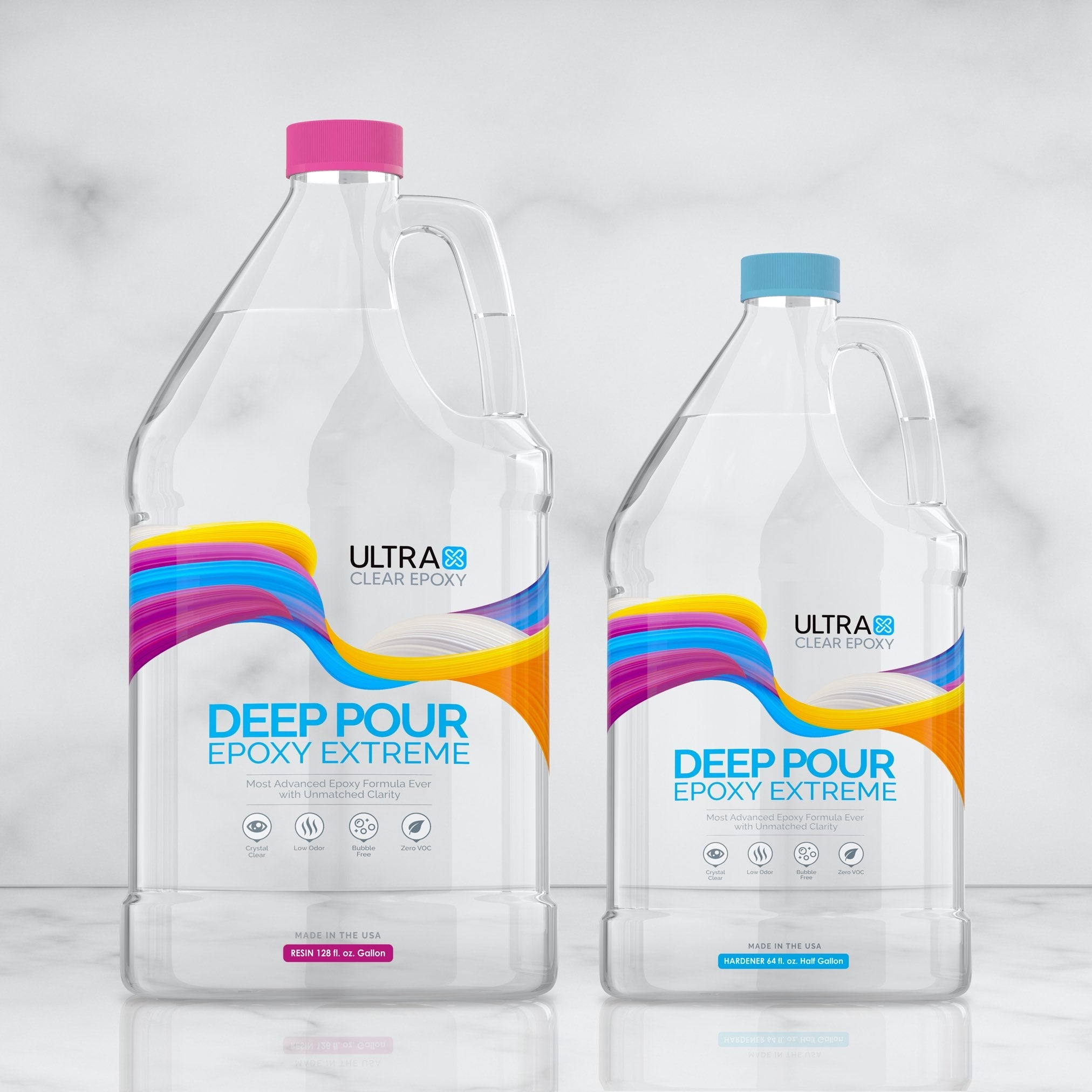
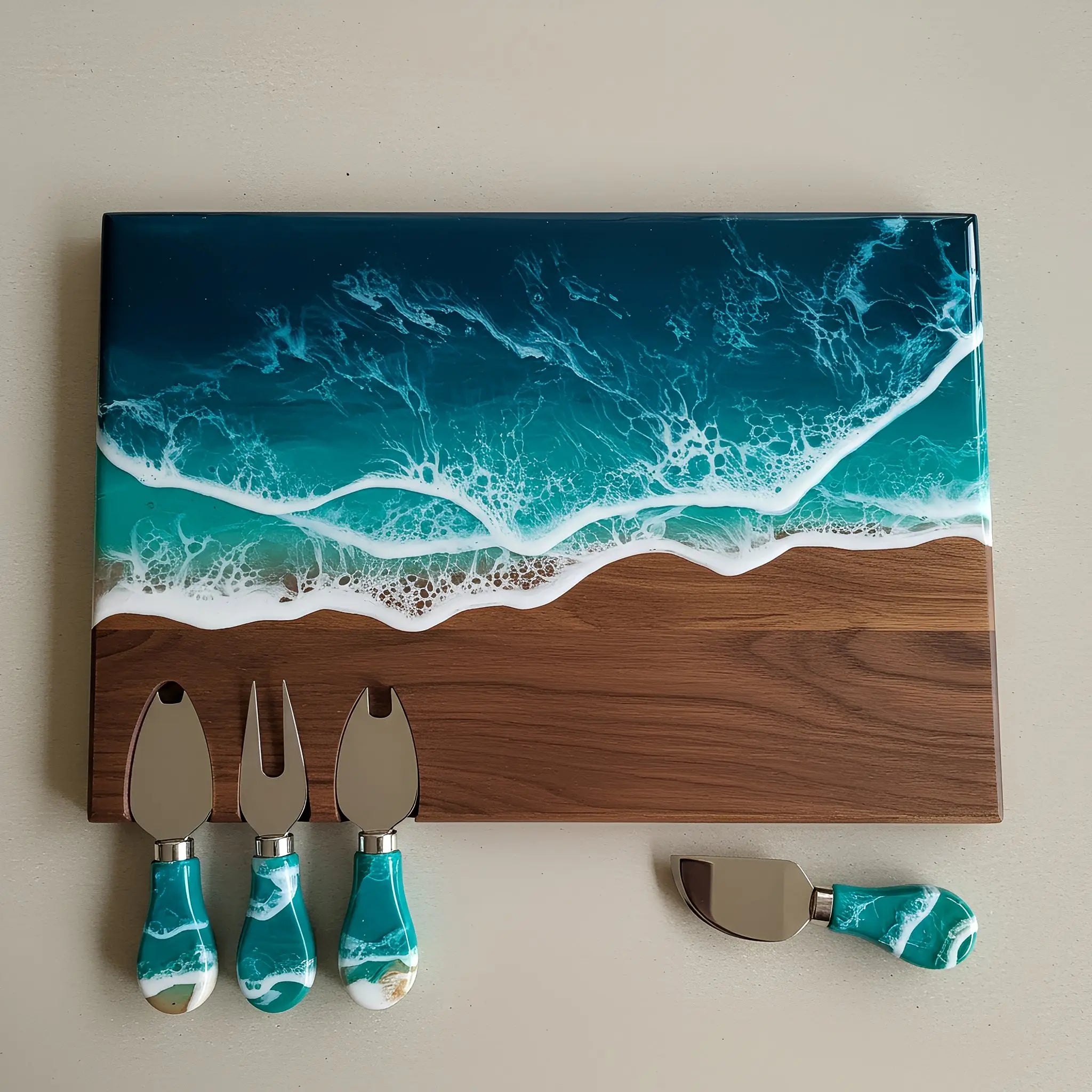
Share: